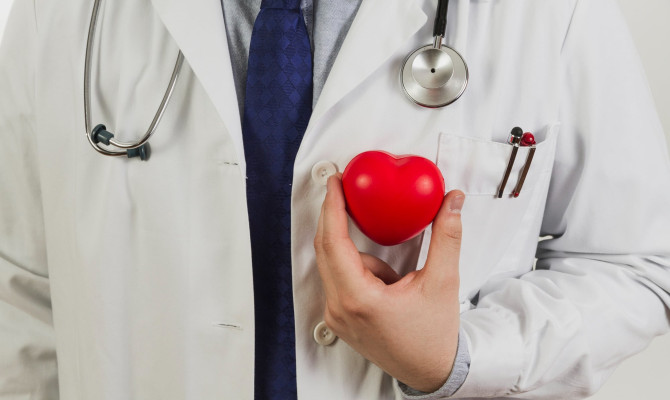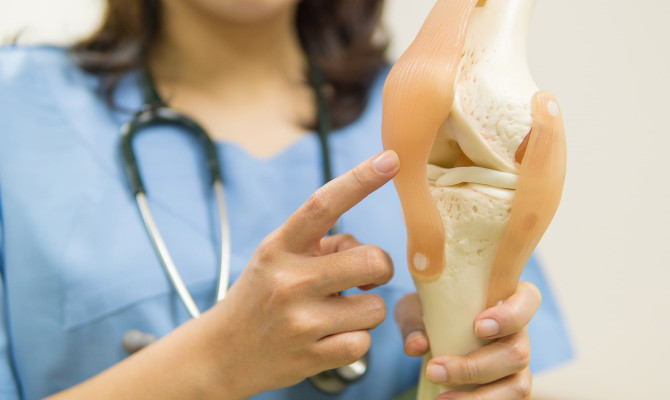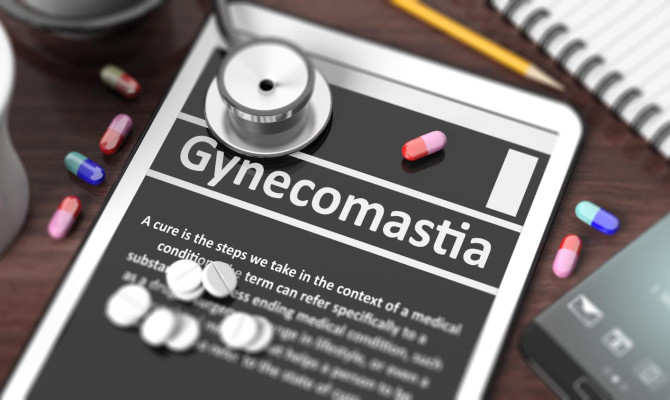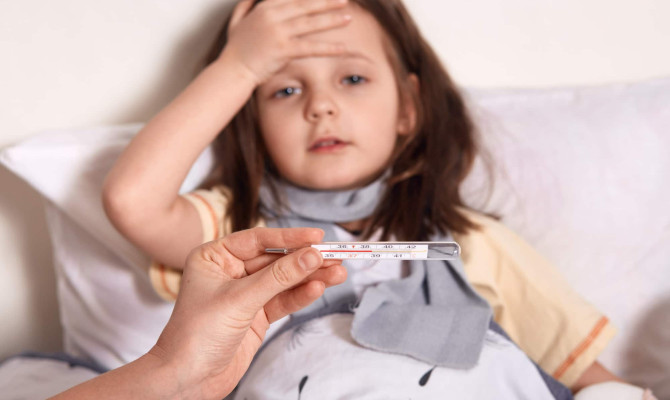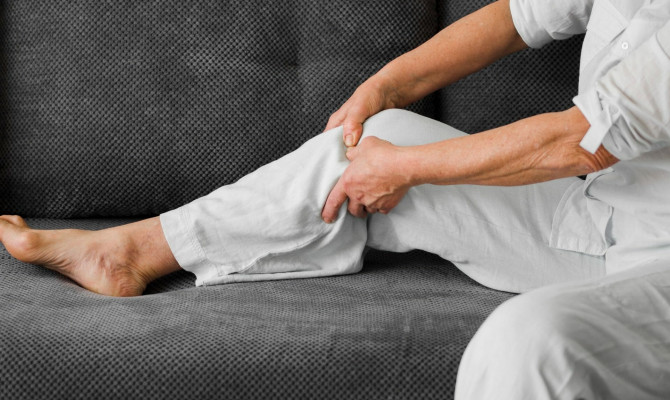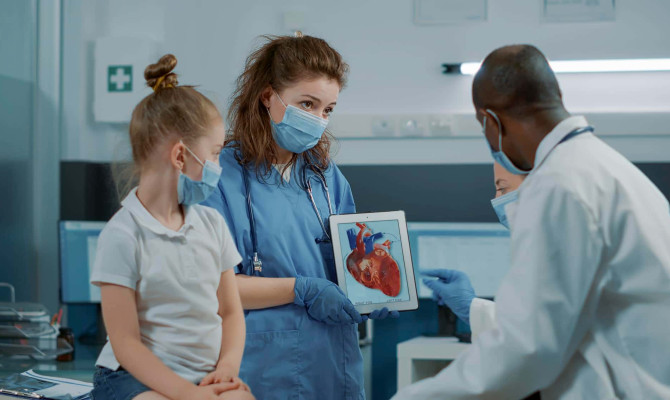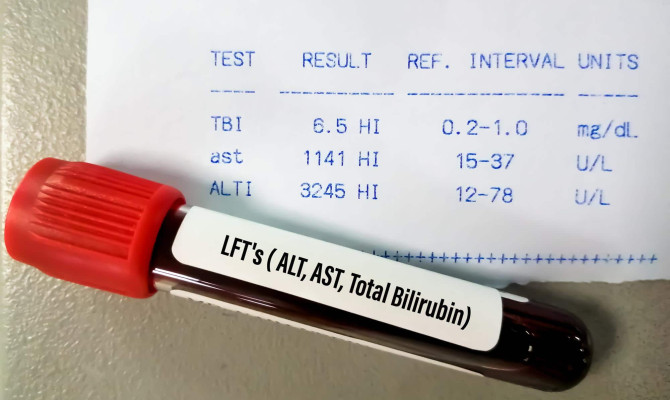Concussion : Symptoms, Causes, Treatment, and Prevention

- Concussion
- 14 Aug 2023
Overview
What is Concussion ?
A concussion is a brain injury that disrupts regular brain activity. Alteration in mental state or degree of awareness, as well as other instant and temporary changes in brain function, are all part of the clinical syndrome known as “concussion” in the medical field. 1Overview | Researched based study from Mayoclinic.org
Although concussions rarely result in death, they can cause severe symptoms that call for medical care. In some cases, pain medicine and relaxation are all that’s needed to get better. Anyone can suffer a head injury from something as simple as a stumble at home or as serious as a vehicle crash. You’re more likely to suffer a concussion if you play contact sports like football or fighting.
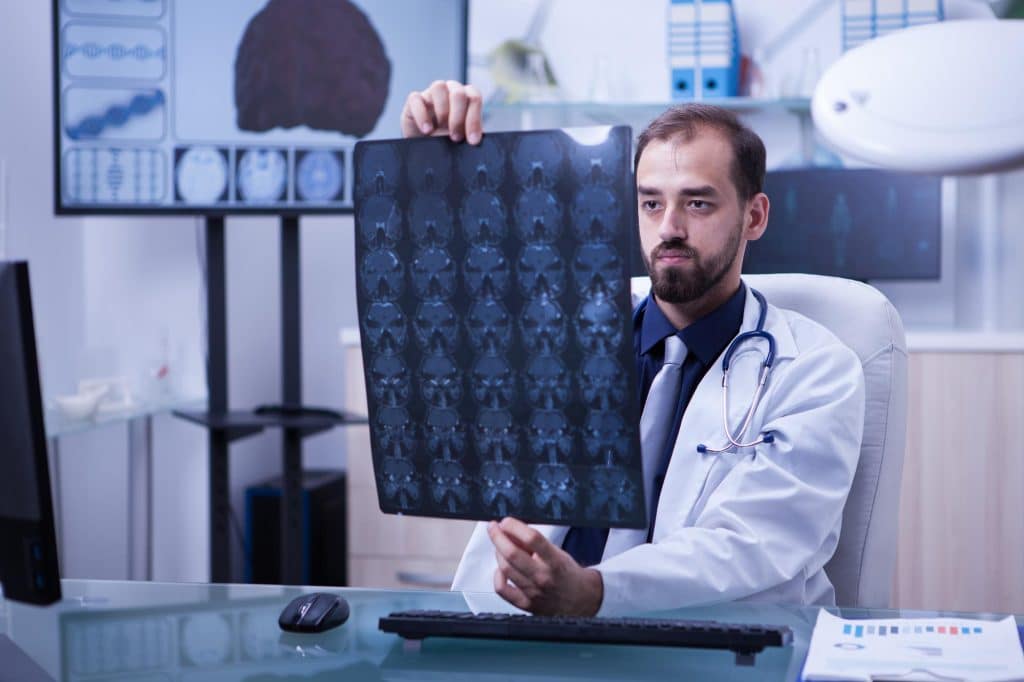
Symptoms
Symptoms of Concussion
Physical symptoms
- Headache.
- Feeling sick to one’s stomach or vomiting
- Issues maintaining balance; vertigo; lightheadedness. 3Symptoms | Researched based study from Aans.org
- Blurry or double vision.
- Ringing in the ears
- Light and sound sensitivity. 3Symptoms | Researched based study from Aans.org
- Having trouble sleeping or staying asleep, or feeling excessively sleepy during the day. 3Symptoms | Researched based study from Aans.org
Mental symptoms
- Confusion.
- Brief lapse in awareness.
- Feeling sleepy or exhausted.
- Difficulty paying attention and/or comprehending.
- Low mood; melancholy.
- Feeling tense, apprehensive, and restless.
- A sense of confusion
- Lack of focus, forgetfulness, and amnesia. 3Symptoms | Researched based study from Aans.org
Symptoms in Kids
Children, especially babies, and preschoolers, frequently suffer head injuries. Children’s inability to communicate their symptoms can make the diagnosis of concussions challenging. Keep an eye out for these symptoms of trauma in kids 1Symptoms | Researched based study from Mayoclinic.org
Physical symptoms
- Bumps on the head
- Vomiting.
- No longer nursing or eating.
- Alteration in sleep schedule; feeling drowsy at unusual moments. 1Symptoms | Researched based study from Mayoclinic.org
- Blank stare
Mental symptoms
- Disposition of being impatient and crabby.
- Increasingly difficult to console, as they weep even when comforted.
If your kid suffers a bump to their head, you should contact your pediatrician immediately. The American Academy of Pediatrics suggests seeking medical attention for even a minor injury on the cranium.
Causes
Causes of a concussion
Brain damage in various regions has several reasons, depending on the nature of the injury.
Your mind is as soft as gelatin. Cerebrospinal fluid in the cranium protects your brain from bumps and jolts. Your brain can slide back and forth violently against the interior walls of your cranium if you take a blow to the head, neck, or upper body. 1Causes| Researched based study from Mayoclinic.org
Brain damage can also be caused by the rapid acceleration and deceleration of the cranium, as in a vehicle accident or when someone shakes you forcefully. Concussion symptoms occur when there is a temporary disruption in brain activity due to a head injury. 1Causes | Researched based study from Mayoclinic.org
Bleeding in or around the brain is a potential complication of this type of brain injury, which can lead to signs like persistent sleepiness and mental disorientation. These signs may appear right away or at a later time.
Such hemorrhaging in the brain is fatal. That’s why anyone who suffers a brain injury requires close observation in the hours following the incident, and immediate medical attention if their condition worsens.
Vulnerability
Who is most at risk for a concussion ?
Those who are more likely to suffer an injury are: 5Vulnerability | Researched based study from Clevelandclinic.org
- Elderly persons and children younger than 4 years old, because they are more likely to fall.
- Teenagers from head trauma sustained in bike crashes and athletics.
- Members of the military have been exposed to weapons of mass destruction.
- Anyone who has been in a vehicle crash.
- Persons who have been subjected to bodily violence.
- Persons who have suffered a concussion before.
Concussions are especially common among adolescents. Researchers believe this is because young people’s minds are still developing. Adolescents’ necks are usually weaker than those of young adults and elderly individuals because the brain is still setting down its neural connections. 5Vulnerability | Researched based study from Clevelandclinic.org
Effects
The long-term effects of a concussion
Concussions have long-term consequences such as:
Post-concussion syndrome
- This is a situation in which the effects of a concussion continue to manifest themselves days, weeks, or even months after the initial injury.
- Such signs and symptoms may include persistent vertigo or whirling, headache, difficulty focusing or remembering, emotional fluctuations, melancholy, anxiety, irritability, character shifts, inability to sleep, or excessive drowsiness. 4Effects | Researched based study from Cdc.gov
- Anxiety and depression are more likely to occur.
Multiple concussions
- Those who have sustained multiple brain traumas are at greater risk of permanent disability. Repetitive head injuries can cause a variety of neurological disorders, including chronic traumatic encephalopathy.
Difficulty remembering names or word-finding
- Even weeks, months, or years after the initial brain impact, a concussion can cause permanent memory loss and recurrent short-term memory loss.
- Concussion victims frequently describe a time of temporary amnesia or forgetfulness during which they have no recollection of the events directly preceding or following the trauma. 4Effects | Researched based study from Cdc.gov
Dementia
- Even if the person who sustained the injury did not lose consciousness, they may still develop dementia later on.
- After a brain injury, such as a concussion, the chance of developing dementia increases by a factor of four to six in the first year. 4Effects | Researched based study from Cdc.gov
Diagnosis
Evaluation and Diagnosis
It is not recommended to regularly use MRI or CT images of the brain for the diagnosis of concussions. Not only do CT images subject patients to unnecessary radiation, but they also rarely reveal any major alterations. Concussion damage, on the other hand, is metabolic and microscopic and thus often appears accurately on neuroimaging.
The doctor will inquire as to what exactly happened, where the cranium was hit, and what symptoms are currently present. If the patient notices anything out of the ordinary, they should let their doctor know.
Your doctor will conduct a brain evaluation and ask you questions about the accident that led to your head injury. The cognitive evaluation will assess 5Diagnosis | Researched based study from Clevelandclinic.org
- Reaction time and neurological processing
- Seeing, eye movement, and photoreceptors
- Equilibrium and cohesion
- Hearing
- The movable and sensitive neck muscles
The following skills may be evaluated using verbal, written, or digital tests: 5Diagnosis | Researched based study from Clevelandclinic.org
- Thinking ability
- Capability to analyze a situation and formulate a workable solution.
- Concentration and memory
Treatment
Treatment of concussion
Rest
- Concussion recovery calls for both physical and emotional downtime.
- You will require more sleep and relaxation than usual, but not total rest from all activities. Studies have shown that if you relax your mind enough, you’ll be more alert to activities once you return to them.
- Recognizing what actions bring on concussion signs can help you avoid them altogether. Reduce your activities gradually at first. If you start feeling sick, slow down and relax. 1Treatment | Researched based study from Mayoclinic.org
Avoid triggers
Doing things that don’t make you feel worse is essential. Avoid doing things that bring on or aggravate your symptoms. Some things that might trigger symptoms are :
- Spending a lot of time texting or staring at your smartphone device. 1Treatment | Researched based study from Mayoclinic.org
- Reading
- Watching television 1Treatment | Researched based study from Mayoclinic.org
- Being exposed to high volumes or noise
- Being physically active
Relief from pain
- When a concussion is suspected, you must not directly take aspirin or other NSAIDs like ibuprofen or naproxen.
- These drugs dull pain and discomfort and may cause excessive hemorrhage due to blood-thinning effects. This is especially concerning for the elderly who are likely to be taking these medications before suffering a brain injury from an accident.
- If pain medicine is required after a concussion diagnosis, Acetaminophen is the better choice. Careful observation of symptoms is required.
Recovery
Recovering from a Concussion: The Three Stages
Concussion patients go through three distinct stages of healing
The acute clinical phase
It is the period of time between the time of damage and the time when symptoms are at their worst. This stage usually concludes in under three days. 2Recovery | Researched based study from Uofmhealth.org
- Do not take any medicines that raise your bleeding risk within the first 24 hours like Naproxen sodium, ibuprofen (Advil), and aspirin. Acetaminophen (Tylenol) can be used to alleviate pain during the first 24 hours after an injury.
- Safer and more efficient pain relievers include ibuprofen (Advil) and naproxen sodium (Naprosyn, Aleve) after the first 24 hours.
- Some people find that nausea and vomiting are problematic, and medication is available to assist.
The recovering phase
During the recovering phase, you can expect to see: 2Recovery | Researched based study from Uofmhealth.org
- Improvement in symptoms with increased mental and physical exertion without aggravating symptoms. Return to your level of function before the illness.
- Medicine may still be required during the symptomatic/recovery period.
- Headache medicine that must be taken on a regular timetable should be avoided unless absolutely necessary in the case of a severe headache that prevents normal functioning.
- In extreme cases, it may be necessary to try anti-nausea medication. Nausea should considerably subside during this time; if it doesn’t, further investigation into the cause is warranted.
Recovered Phase
- In the recovered phase, the patient’s condition has improved to the point where they can go back to their daily routine. 2Recovery | Researched based study from Uofmhealth.org
Prevention
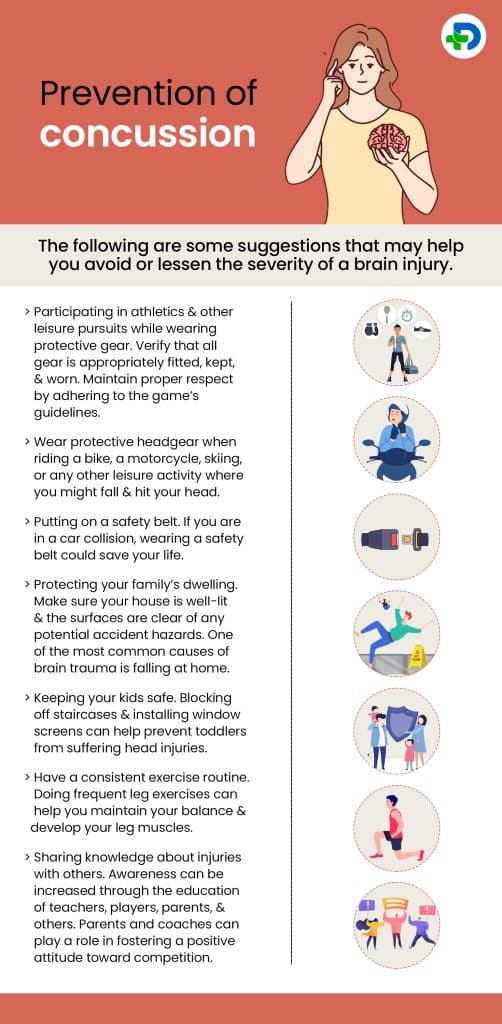
Prevention of concussion
The following are some suggestions that may help you avoid or lessen the severity of a brain injury 1Prevention | Researched based study from Mayoclinic.org
- Participating in athletics and other leisure pursuits while wearing protective gear. Verify that all gear is appropriately fitted, kept, and worn. Maintain proper respect by adhering to the game’s guidelines.
- Wear protective headgear when riding a bike, a motorcycle, skiing, or any other leisure activity where you might fall and hit your head.
- Putting on a safety belt. If you are in a car collision, wearing a safety belt could save your life.
- Protecting your family’s dwelling. Make sure your house is well-lit and the surfaces are clear of any potential accident hazards. One of the most common causes of brain trauma is falling at home.
- Keeping your kids safe. Blocking off staircases and installing window screens can help prevent toddlers from suffering head injuries. 1Prevention | Researched based study from Mayoclinic.org
- Have a consistent exercise routine. Doing frequent leg exercises can help you maintain your balance and develop your leg muscles.
- Sharing knowledge about injuries with others. Awareness can be increased through the education of teachers, players, parents, and others. Parents and coaches can play a role in fostering a positive attitude toward competition.
Takeaway
Concussion recovery is a dynamic and intricate process. Finding the root causes of symptoms and designing a therapy around them is crucial during rehabilitation. Unnecessarily drawn-out recuperation times can result from poorly handled recovery. A medical professional well-versed in concussion care and equipped to guide a patient through the healing process is ideal. Every brain injury needs to be checked out by a medical professional. Further testing and imaging may be required if symptoms persist or worsen significantly.
Concussion effects can linger for days, weeks, or even months. Rarely, however, do individuals undergo more permanent shifts in their emotional, mental, or bodily states. Consecutive injuries raise the risk of long-term cognitive impairment.
Any feedback on this article?
 This Articles content was accurate
This Articles content was accurate Very Informative Article
Very Informative Article I have a question or a comment
I have a question or a comment
 This article contains inaccurate content
This article contains inaccurate content This article was not helpful
This article was not helpful I have a question or a comment
I have a question or a comment
We appreciate your helpful feedback!
Checkout our social pages
References
-
Mayo Clinic
Concussion | Overview | Causes | Symptoms | Treatment | Prevention
-
University of Michigan Health
Brain and Neurological Conditions Concussion Treatment and Recovery | Recovery
-
American Association of Neurological Surgeons
Concussion |
-
Centers for Disease Control and Prevention
Recovery from Concussion | Recovery
-
Cleveland Clinic
Concussion | Vulnerability | Diagnosis













